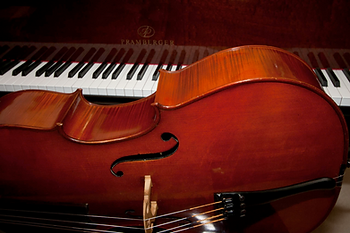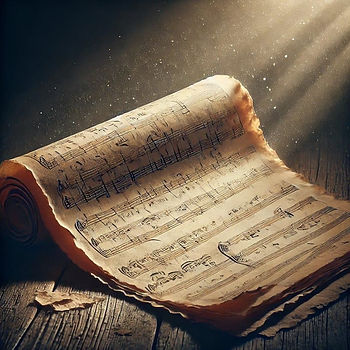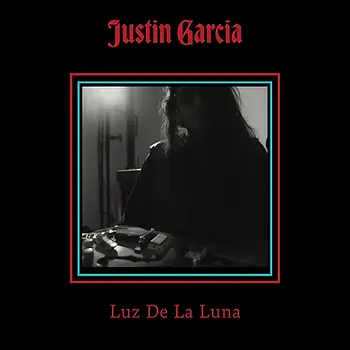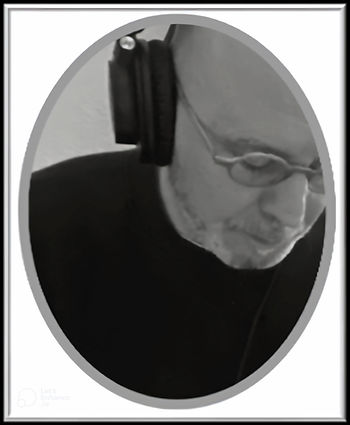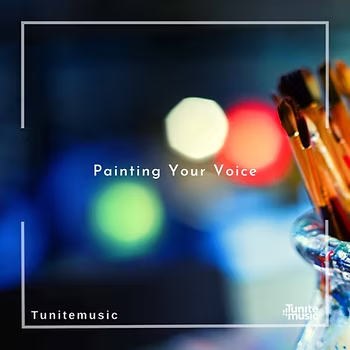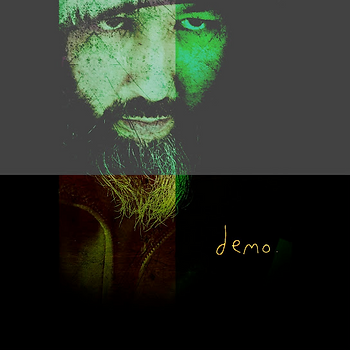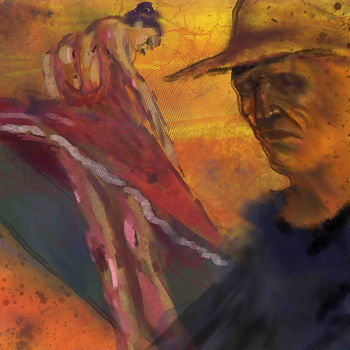The Rise of Classical Music in Iran
Iran’s musical heritage is one of the oldest in the world, rooted in centuries of rich modal systems and poetic traditions. While traditional Persian music has always played a central role in Iranian identity, the incorporation of Western classical music began in earnest during the Qajar and Pahlavi eras, particularly in the early 20th century.
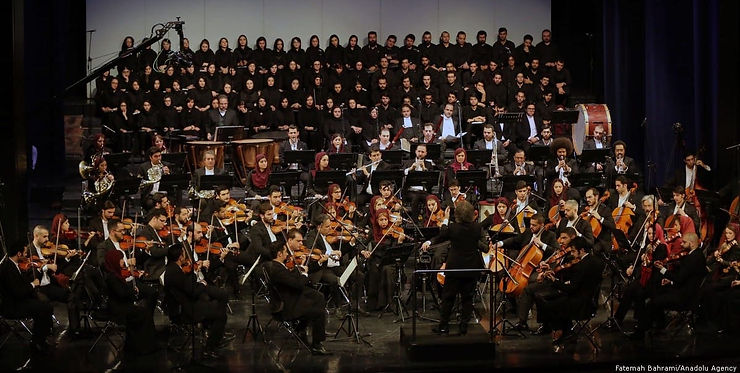
This movement was spearheaded by visionaries who introduced European instruments, notation systems, and orchestral structures into the Iranian soundscape. The turning point came with figures like Ali Naqi Vaziri, who established the theoretical framework for a distinctly Iranian classical music, blending Western harmony with Persian modes (dastgah).
By the mid-20th century, institutions like the Tehran Symphony Orchestra (founded in 1933) and the National Conservatory of Music were actively nurturing a new generation of composers and performers. Today, despite socio-political challenges, classical music in Iran remains vibrant — sustained by state-supported bodies such as the Roudaki Foundation, private academies, and independent festivals like the Fajr International Music Festival.
Iranian classical composers continue to gain global recognition, with performances of their works in European concert halls, international collaborations, and growing archival interest.
Let us now look at ten of the most influential Iranian composers who shaped, expanded, and elevated the country’s classical music legacy. (Composers are ordered based on their date of birth)
1. Ali Naqi Vaziri (1887–1979)
Often referred to as the “father of modern Iranian music,” Vaziri was a composer, theorist, and educator who laid the foundation for integrating Western classical music into Iranian culture. He introduced polyphony and harmony into Persian music and helped establish music education based on European standards.
Notable works:
- Pishdaramad-e Rastpanjgah
- Avaz-e Mahur for solo violin
- Dastur-e Tar, a seminal theoretical text
Influence: Vaziri trained many future icons of Iranian music and founded Iran’s first modern music conservatory. His work remains foundational in Iranian music education.
2. Ruhollah Khaleqi (1906–1965)
A student of Vaziri, Khaleqi was both a composer and musicologist. He is credited with establishing the National Music Society of Iran and for blending nationalist themes with orchestral arrangements.
Notable works:
- Ey Iran (considered Iran’s unofficial national anthem)
- Ashk-e Mohabbat
- Khooshe chin
Influence: His works are still performed today, and Ey Iran remains a powerful symbol of cultural unity.
3. Hossein Dehlavi (1927–2019)
A key figure in the fusion of Iranian traditional music with orchestral form, Dehlavi was a master of instrumentation and taught composition to many modern Iranian composers.
Notable works:
- Shushtari for String Orchestra
- Concertino for Santur and Orchestra
- Mana and Mani (an opera for children)
Collaborations & Recognition: His works have been performed by the Tehran Symphony Orchestra and have featured soloists such as Faramarz Payvar. His Santur Concertino is one of the best-known fusions of Persian instruments and classical form.
4. Loris Tjeknavorian (b. 1937)
An Armenian-Iranian composer and conductor of international stature, Tjeknavorian has led major orchestras around the world and composed symphonies, operas, and film scores.
Notable works:
- Rostam and Sohrab (opera)
- Ararat Suite
- Symphony No. 2: Persepolis
Collaborations & Recognition: Conducted the London Symphony Orchestra, Vienna Chamber Orchestra, and Tehran Symphony. His music has been released by RCA and EMI, and he has scored over 30 films.
5. Ahmad Pejman (b. 1935 – 2025)
Pejman is known for bridging Persian themes with Western operatic and symphonic styles. He studied in Vienna and later moved to the U.S., where he continued composing for stage and screen.
Notable works:
- Rustam and Esfandiar (orchestral suite)
- The Call of the Sea
- Divertimento
Collaborations & Recognition: His works have been performed by the Nuremberg Symphony and the Tehran Philharmonic. He composed music for historical series like Khayyam and Imam Ali.
6. Alireza Mashayekhi (b. 1940)
One of Iran’s foremost avant-garde composers, Mashayekhi is a pioneer in electroacoustic and computer music in Iran. He co-founded the Tehran Contemporary Music Group and introduced algorithmic composition to Iranian academia.
Notable works:
- Symphony of Monody
- Darya, A Persian Suite
- Tehran Dust
Recognition: His music has been released on European labels and performed in Germany, Austria, and Eastern Europe. He remains a central figure in Iranian experimental music.
7. Shahrdad Rohani (b. 1954)
An accomplished conductor and composer, Shahrdad Rohani is known for his symphonic works that blend Persian themes with cinematic grandeur. He has led major orchestras worldwide and played a key role in revitalizing Iran’s classical music scene as the conductor of the Tehran Symphony Orchestra.
Notable works:
- Persian Garden
- Dance of Spring
- Rhythms of Persia
Influence: Rohani has conducted the London Symphony Orchestra and the Los Angeles Philharmonic, and gained international acclaim for conducting Yanni Live at the Acropolis. His leadership of the Tehran Symphony Orchestra has brought renewed attention to classical music in Iran.
8. Hooshang Kamkar (b. 1947)
A member of the Kamkars musical family, Hooshang Kamkar is known for blending Kurdish, Persian, and classical idioms. He has composed for orchestra, choir, and chamber ensembles.
Notable works:
- Requiem for Earthquake Victims of Bam
- In Memory of Rudaki
- Sheherazade Ballet
Recognition: His works have been performed by the Tehran Symphony and Kurdish ensembles. Requiem for Bam was praised internationally for its emotional depth.
9. Kambiz Roshanravan (b. 1949)
An Iranian-American composer, Roshanravan is known for his academic and compositional work combining Persian and Western forms.
Notable works:
- String Quartet No. 1 (based on Persian folk melodies)
- Amir Kabir soundtrack
- Choral settings of Persian poetry
Recognition: His works are regularly performed at academic institutions in the U.S. and Iran. He is also a respected educator.
10. Sheida Gharachedaghi (b. 1941)
One of the first prominent female composers in Iran, Gharachedaghi has written music for film, television, and stage, often focusing on women’s issues and Iranian cultural themes.
Notable works:
- Rabe’e (opera based on Rabe’e Balkhi)
- Shab-e Yalda
- Scores for Iranian documentaries and plays
Recognition: Her opera Rabe’e was staged internationally and considered a pioneering feminist composition in Persian classical music.
Beyond the List
While the composers above have played critical roles in shaping Iranian classical music, many others deserve mention. Among them:
- Nader Mashayekhi – Known for his contemporary orchestral works and tenure as Tehran Symphony’s conductor.
- Behzad Ranjbaran – Iranian-American composer of the Persian Trilogy, performed by the Royal Philharmonic and other major orchestras.
- Fariborz Lachini – Best known for his iconic Golden Autumn piano series, Lachini’s work blends Persian sentimentality with European romanticism and minimalism. While much of his reputation comes from solo piano works, he has also composed orchestral film scores for over a hundred Iranian films, bringing lyrical and cinematic expression to modern Persian music.
- Majid Entezami – A prolific film composer and oboist, Entezami has scored more than 80 films, including landmark works like The Fateful Day and The Glass Agency. He studied in Germany and brought a rich symphonic language to Iranian cinema, often combining traditional Iranian motifs with sweeping orchestral arrangements. His work with the Tehran Symphony Orchestra and National Orchestra has further cemented his influence.
- Gita Ghazaryan – Female composer and educator with notable works for chamber ensembles and piano.
- Mehdi Hosseini – Known for integrating folk material from the Caspian and Kurdish regions into orchestral language.
- Farhad Fakhreddini – A leading figure in Iranian symphonic music and founder of the National Iranian Orchestra, Fakhreddini is celebrated for his film scores and for works that beautifully fuse Persian traditional elements with Western orchestration.
- Houshang Ostovar – Known as one of the pioneers of Iranian symphonic music, Ostovar was an influential teacher and composer, mentoring many students who would shape Iran’s music scene in the 20th and 21st centuries.
- Idin Samimi Mofakham – A contemporary composer with a growing international profile, his works have been performed by ensembles around the world. His compositions often explore microtonality and Persian modal systems through a contemporary lens.
- Reza Vali – Based in the U.S., Vali is known for his fusion of Iranian folk melodies with contemporary classical techniques. His works are performed internationally and published by Schott Music.
- Mehrdad Pakbaz – A composer and theorist who has published analytical texts on Persian music, Pakbaz’s own compositions show a deep intellectual engagement with musical form and heritage.
- Niloufar Nourbakhsh – A rising figure in contemporary classical music and co-founder of the Iranian Female Composers Association (IFCA), she is making her mark with works that address social issues and identity, performed by ensembles in the U.S. and Europe.
- Aida Shirazi – Another co-founder of IFCA, Shirazi is known for her minimalist, finely textured music exploring memory, time, and Persian poetry, performed internationally by groups like the International Contemporary Ensemble.
The evolution of Iranian classical music is an ongoing story — one of resistance, reinvention, and resilience. From early 20th-century pioneers to contemporary voices performing on world stages, Iranian composers continue to bridge East and West, tradition and modernity, nostalgia and innovation and add the taste of one of the oldest civilisation of the world into the music of modern world.
#IranianComposers #ClassicalMusicIran #PersianSymphonic #IranianClassicalMusic #ModernPersianMusic #TehranSymphony #MiddleEasternComposers #ContemporaryClassical #PersianComposers #WomenComposersIran #IranianMusicHeritage #GlobalClassicalVoices #IranianOrchestras #MusicOfIran #CulturalLegacyIran
